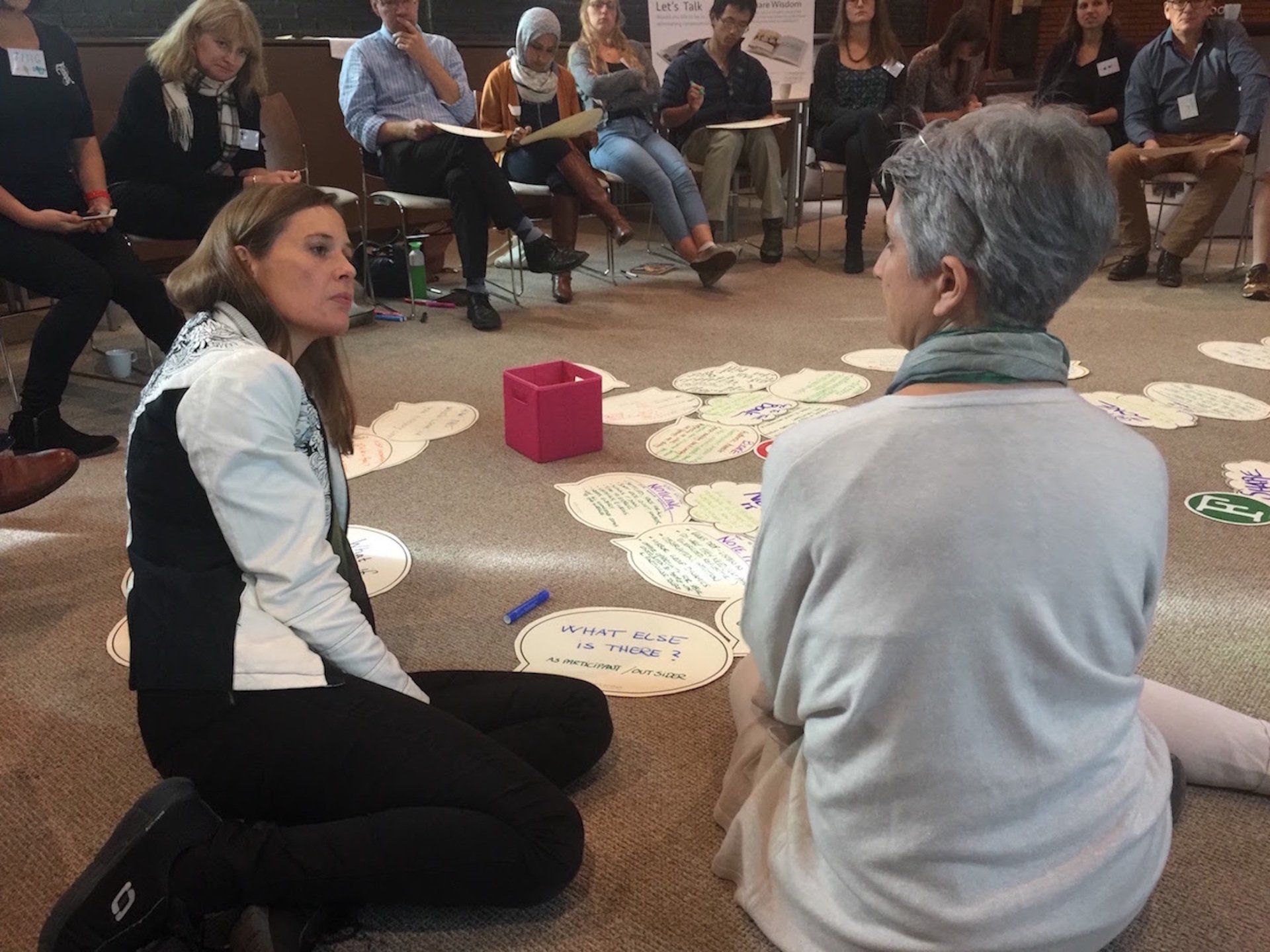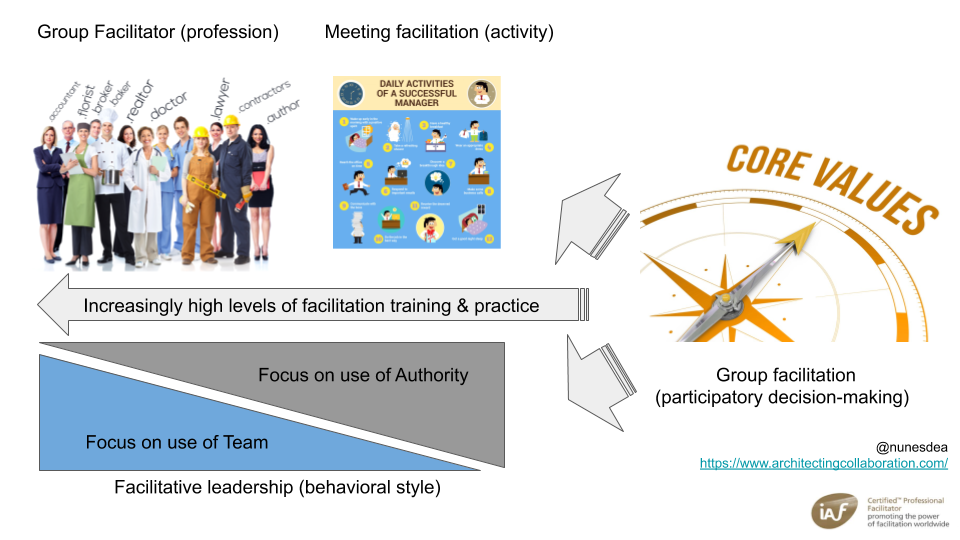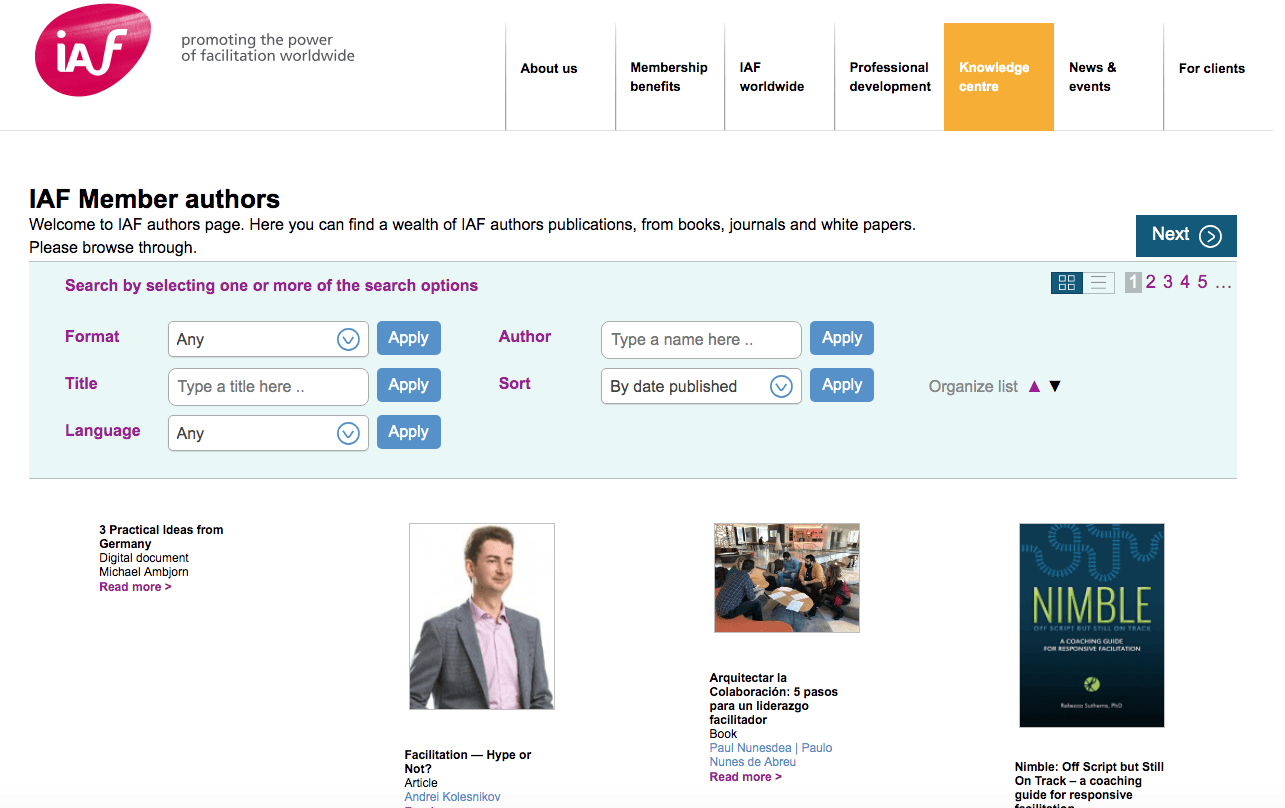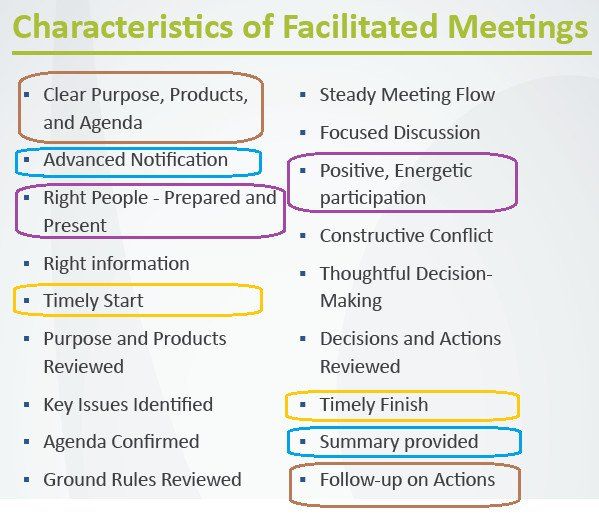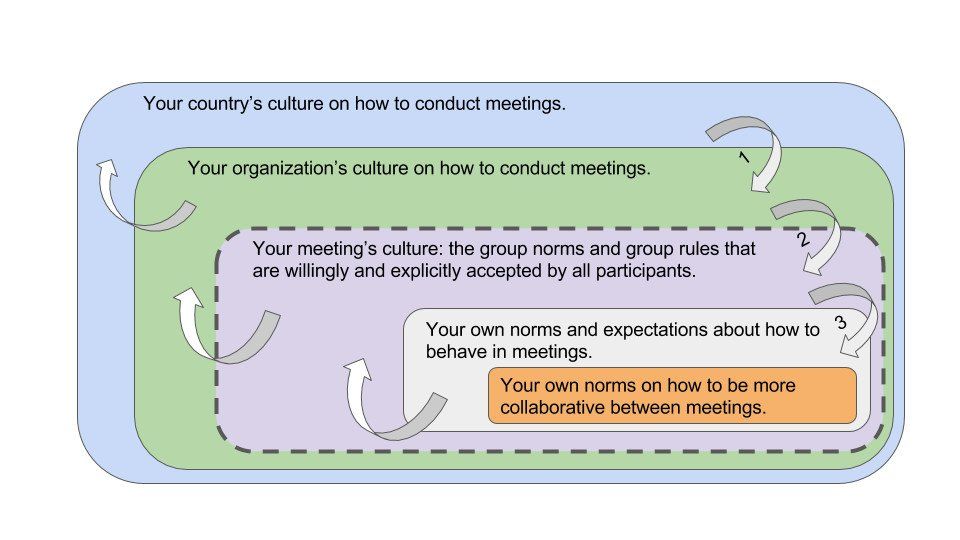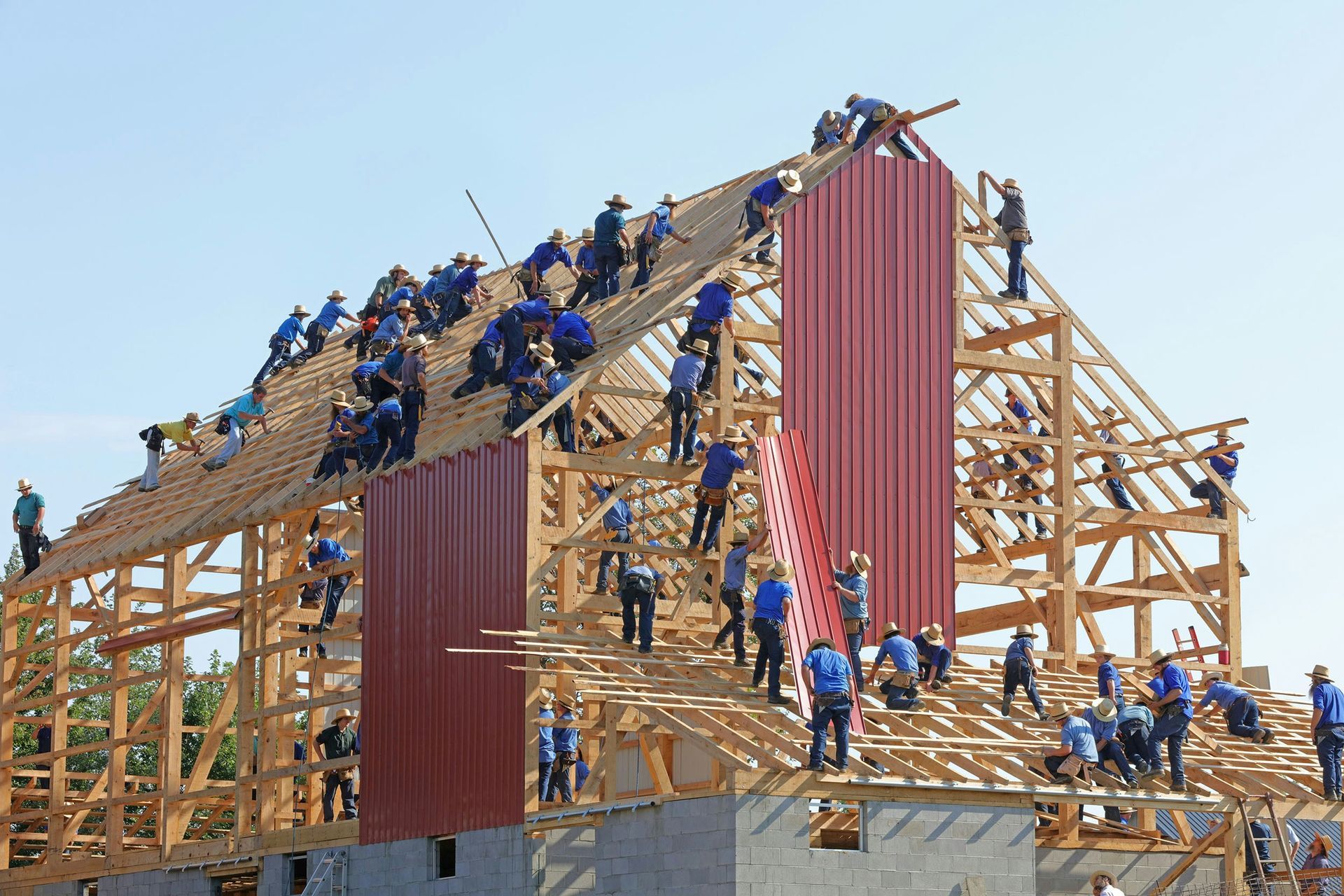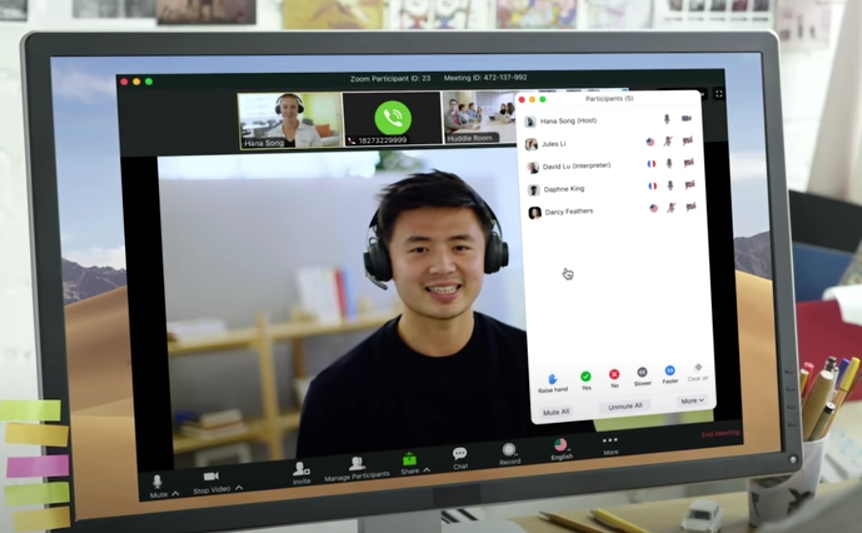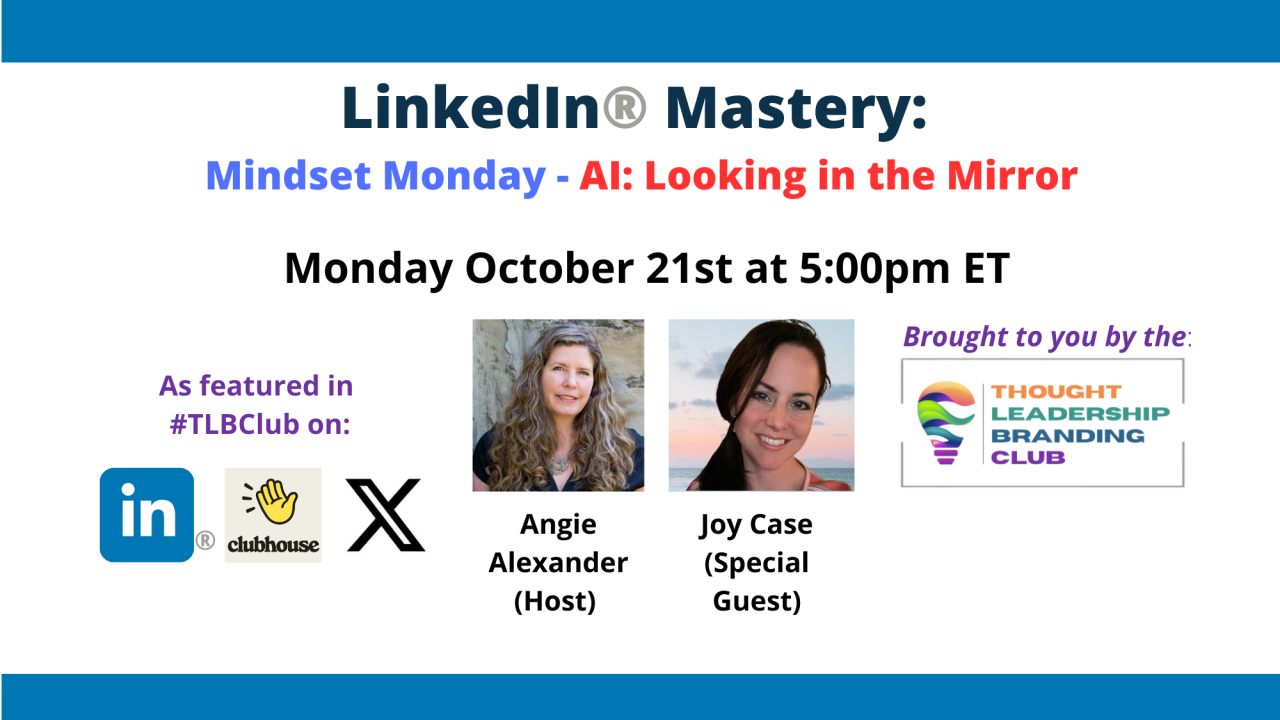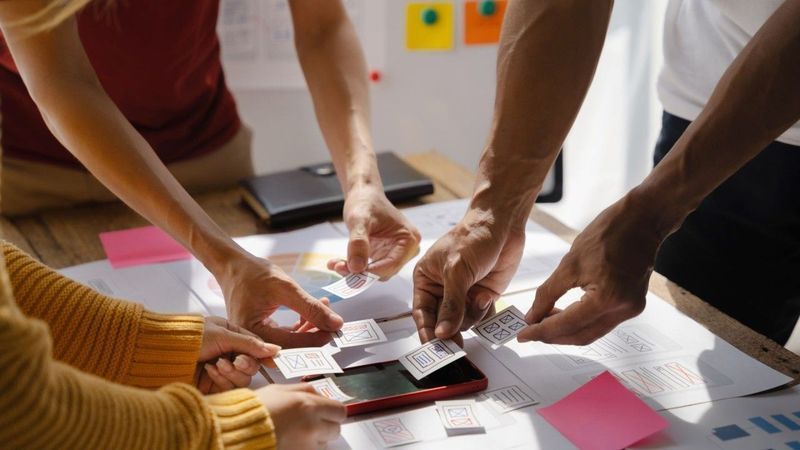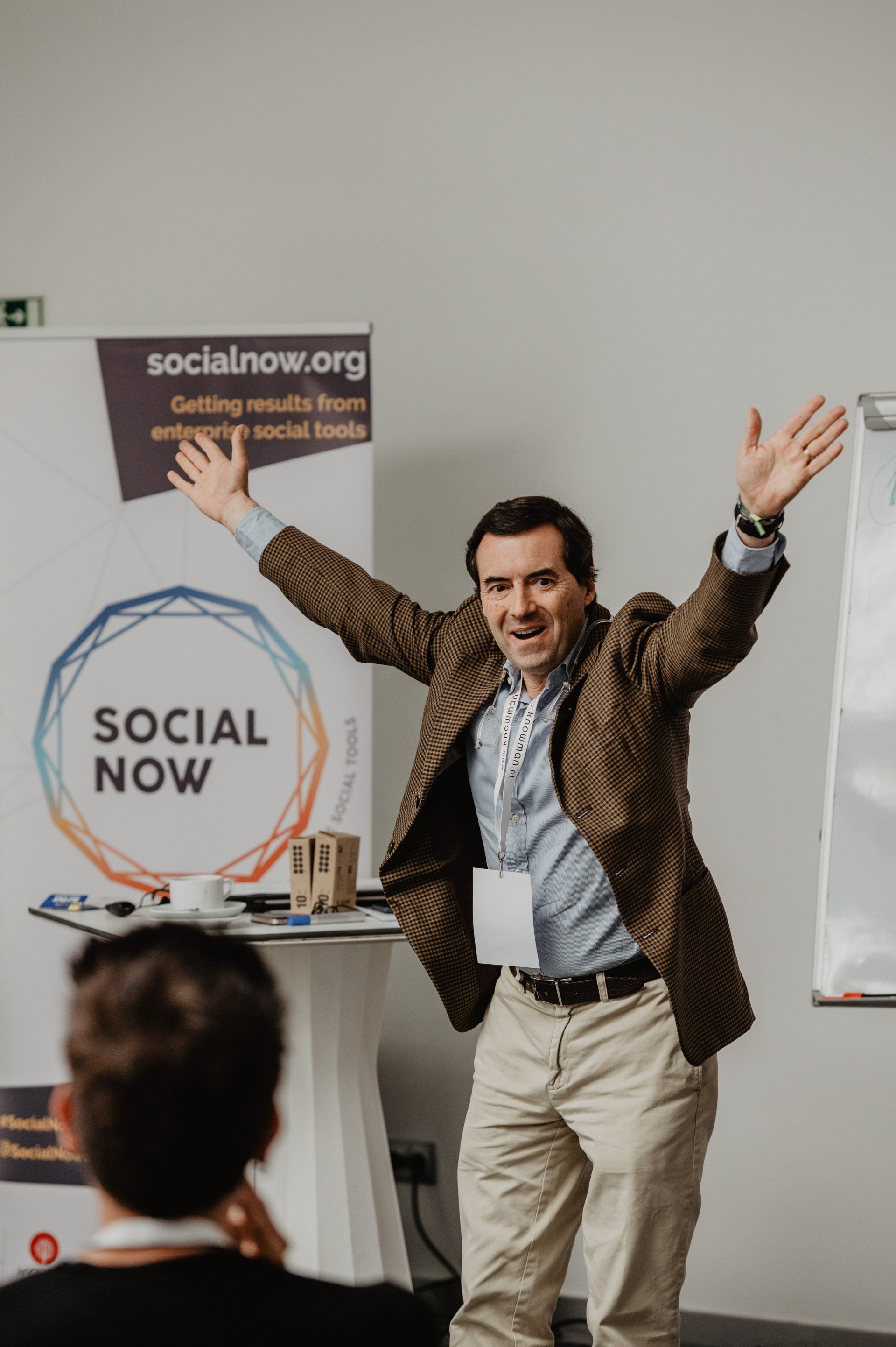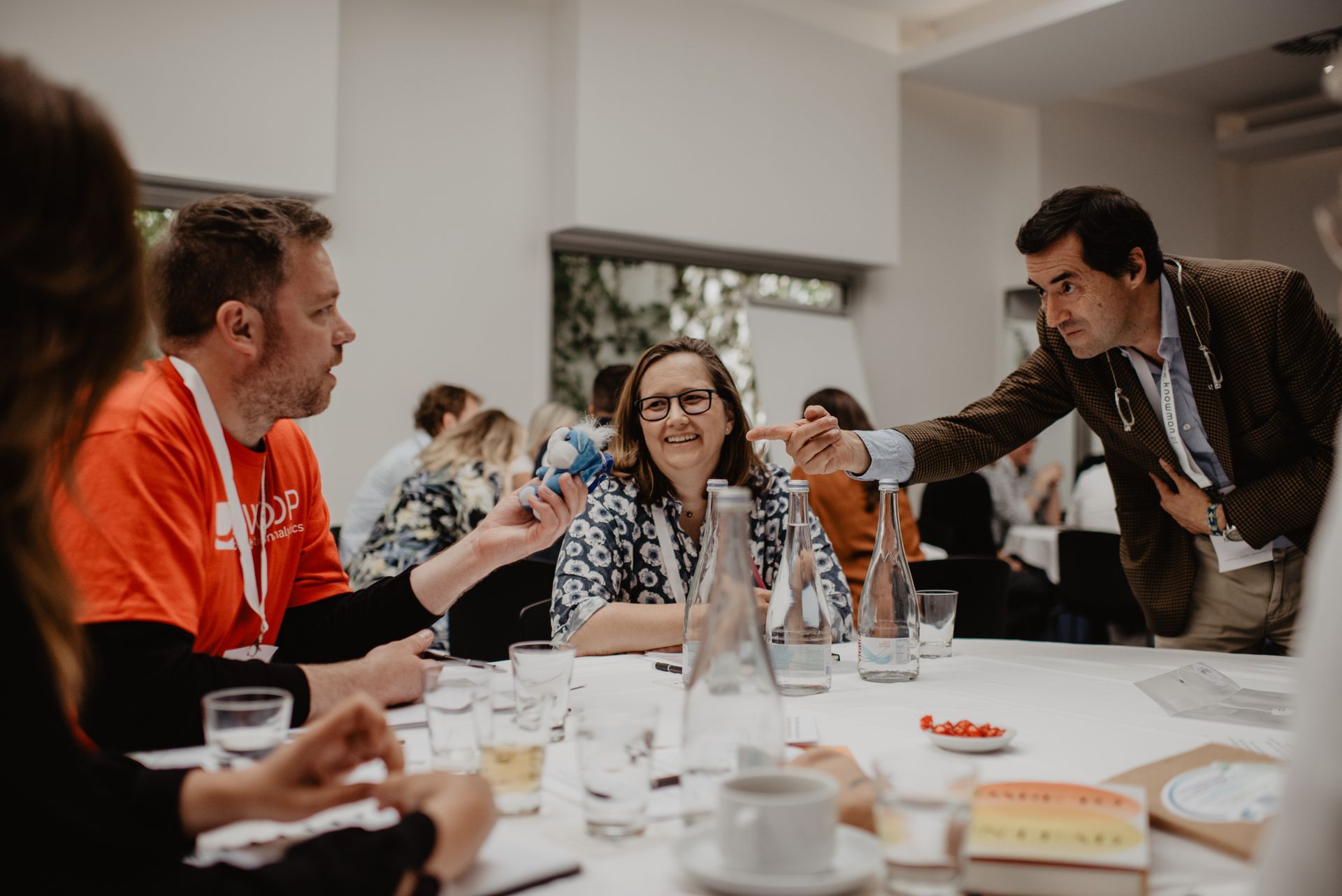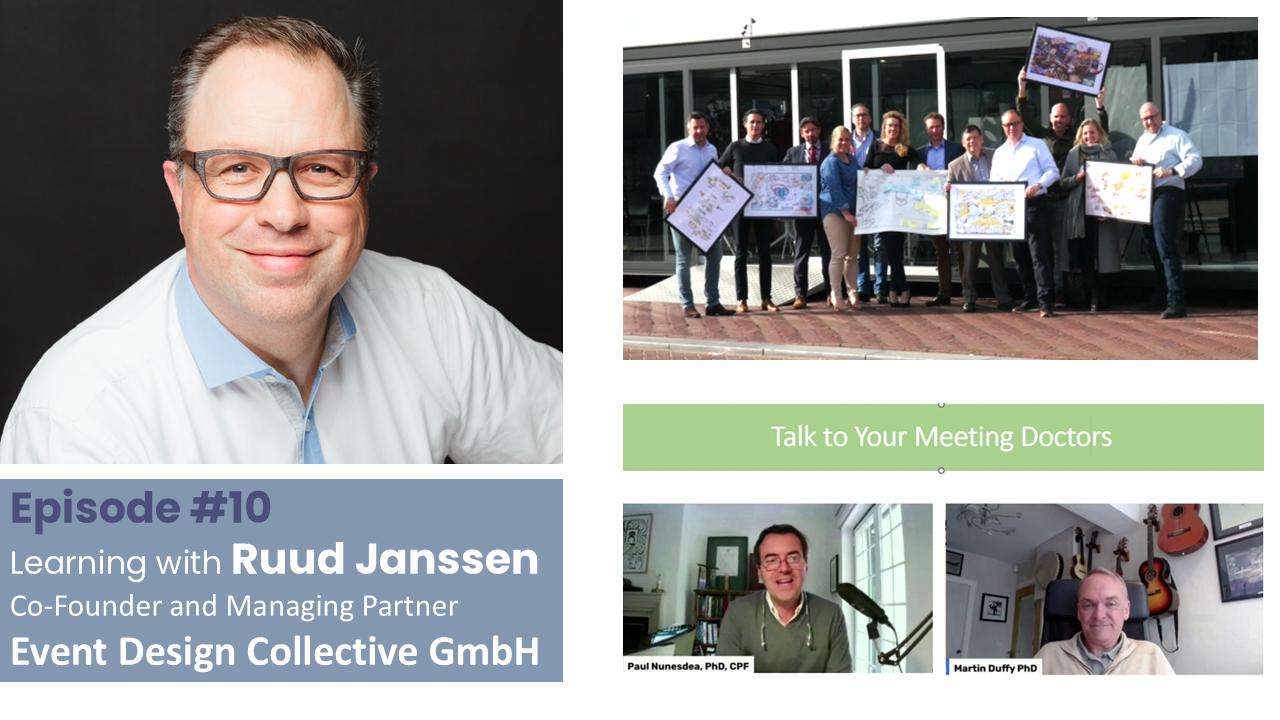
On being a Facilitator vs. being a Facilitative Leader
An interesting video from a renowned facilitation firm makes my case
I thought about sharing an interesting video, which is part of my " group facilitation
" playlist, that gloriously appears as the first playlist about this subject if you do a search on YouTube.
This video is interesting because it makes my case for what I term "Facilitative Leadership" versus "Facilitation". Please watch and I would then explain the subtle difference and the implications for your practice as a manager or as a facilitator or in both capacities, like I was for the last decade or so.
There is obviously a great deal you can learn from watching this video. Specially about the worst practices of what the authors describe as 'poor facilitation' which I prefer to call poor practices of 'meeting management' instead.
I am not saying that anyone trying to do 'group facilitation' cannot be a 'poor facilitator' per se, but simply whenever anyone hosting a meeting that produces all the terrible outcomes highlighted in this video (putting people down, poor note taking, let discussion rambling on and on, etc.) she or he is simply a meeting host unable to effectively run a meeting (read also my latest article: Don't give bad meetings a bad name)
Group facilitation vs. facilitated meetings
Any manager that wants to become better at hosting meetings, can be trained to become a good Meeting Facilitator and by learning more about the values and principles of group facilitation he or she can also become a Facilitative Leader. There are a number of firms besides Active Presence
(the makers of the video above), such as North Star Facilitators
in the US, Beatrice Brigs
' IIFAC and Hector Villareal
in Mexico and South America, Martin Gilbraith
in the UK, Pamela Lupton-Bowers
' PLB Consulting in Western Europe or Rhonda Tranks
's Illuma Consulting in Oceania, that I can personally recommend you. Visit the IAF site
to locate more Group Facilitation firms and certified professionals.
If you just want to learn more about Facilitative Leadership
, you can find a number of great books from IAF members here.
Shared responsibilities in meeting facilitation
Finally, as this video might elusively convince you, we should avoid thinking about Meeting Facilitators as that kind of superheroes or the ‘all mighty powerful angel’ that transforms poorly hosted meetings into highly effective meetings. This seldom happens.
The responsibility for facilitating a meeting is a shared one. There are many other roles that concur to produce a more effective meeting. In the picture below, I have marked in colors a number of different roles that contribute to a facilitated meeting besides the ‘meeting facilitator’ whose major, but not exclusive, responsibilities I have left unmarked.
Brown color – If a group facilitator can be seen as a movie director, the role of the ‘meeting owner’ is a close match to the film producer. She/he personally invested the time and money for the meeting to happen. By sponsoring the meeting, the meeting owner has the responsibility to set a clearly defined purpose and the number and kind of meeting outcomes that are expected. The meeting owner approves the agenda that is proposed by the group facilitator and follows up on agreed actions.
Purple color
– The role of ‘meeting participant’ which is often downplayed but it's probably the most critical role for a successful meeting. If participants do not assume the responsibility to prepare themselves for the meeting and dedicate their time and energies to be fully present and engaged, then most probably the meeting will fail. Participants are like the actors in a movie, a bad casting can make the whole production miss the mark. A great BBC News article
about being fully present in meetings.
Blue color – The ‘group recorder’ is another important role in meetings. He/she can be compared to the assembly’s clerk that makes all the required information to be available prior and after the meetings to all participants. Having this role defined and professionally assigned can make a substantial difference in any meeting.
Yellow color – The role of ‘time keeper’ is often neglected but if assigned to someone that is good at tracking the time that is allocated to each agenda item, it can greatly facilitate any meeting.
In conclusion
There is a universal tendency, social psychologists call it "attribution bias", to over emphasize a single actor's causality for extreme outcomes such as a good or bad meeting as the responsibility of a good or bad facilitator and to downplay the importance of other elements such as the quality of meeting participants or the organizational context variables, such as the company's culture or even a country's culture.
It is obvious that a 'meeting facilitator' can learn and be trained to host more effective meetings. But, because meetings do not happen in a void we must also pay attention to the wider context of a meeting, as an event that forms part of your organization overall collaboration.
What are the fears and real motivation of the participants involved in this meeting? What is causing this group to avoid address the key fundamental questions it should be addressing? How are the decisions to be made? By asking the right questions, a trained Group Facilitator
brings an added value not just to meetings you host but also to the wider context where your meetings take place.
About the author
Paul Nunesdea is the English pen name of Paulo Nunes de Abreu, Facilitator, Master of Ceremonies, Author, and Publisher of the book series - Architecting Collaboration, his LinkedIn profile can be reached here, or in Spanish here, or Portuguese here.
Paul is an IAF Certified Facilitator™ who designs and hosts events for clients ranging from large companies to municipalities and regional governments.
His academic background as a PhD researcher combined with +15 years of experience as a former CEO and entrepreneur has sharpened a client-serving mentality eager to co-create win-win solutions. As an NGO founder, he co-founded Digital Health Portugal and hosts the Health Regions Summit, the Health Data Forum among other initiatives.
As both a GroupMap™ and Howspace™ certified facilitator he co-founded the Digital Collaboration Academy with renowned facilitator Peter Seah united by the vision of creating and sustaining a new emerging field - Digital Facilitation - augmented by the core competencies of the IAF - International Association of Facilitators.
Colophon
This article reproduces content that I have previously published on LinkedIn. In case you want to read the original articles:
- Self-Facilitated Meetings , published on May 31, 2016.
- A trendy article about meetings with +8K likes , published on January 1, 2017.

Follow Us
"Be brave enough to start conversations that matter and shift the direction of change for the better."
col.lab | collaboration laboratory is a spin-off from the book series " Architecting Collaboration " and our privacy policy can be consulted here
My Meeting Support is an event services brand by col.lab | collaboration laboratory






